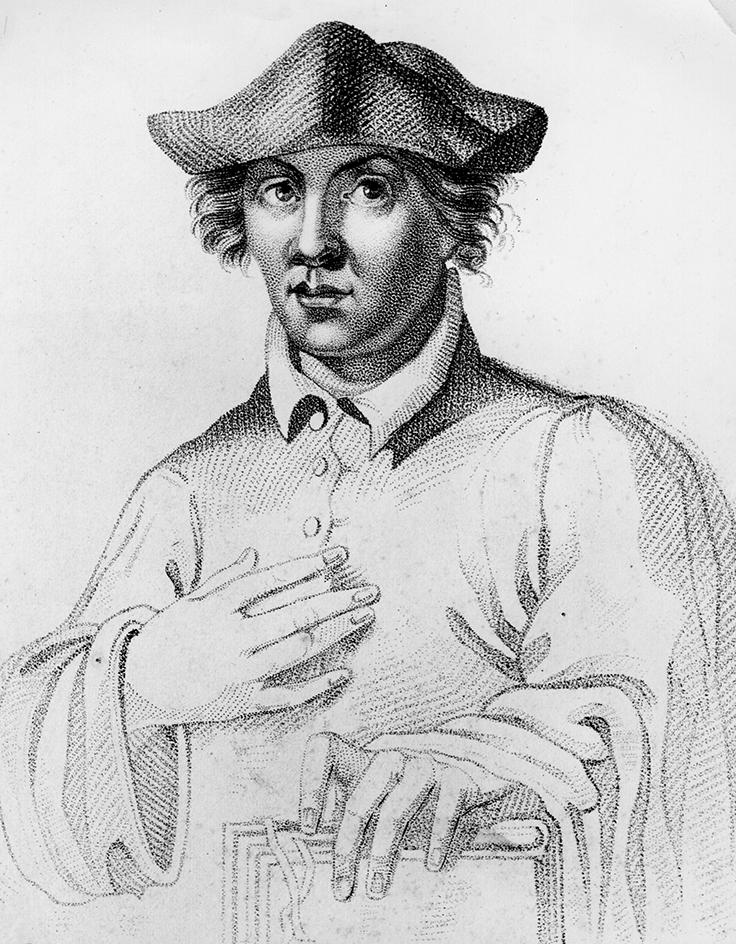Bacon, Roger (1214?-1294?), was an English philosopher and scientist. He ranks as one of the leading figures in the development of science during the Middle Ages. Bacon became known as a founder of experimental science and one of the early researchers in the study of optics, the branch of physics that studies light. He helped lay the foundation for the revolution in science that occurred in Europe in the 1500’s and 1600’s.

His life.
Bacon was born in the county of Somerset and studied liberal arts and philosophy at Oxford University. He left Oxford during the 1230’s and began to teach at the University of Paris. About 1247, he gave up teaching because of ill health and returned to Oxford. He spent the next 10 years in the intensive study of mathematics, technology, and especially optics.
About 1257, Bacon joined the Franciscan religious order. He returned to Paris to urge educational reform within the church and to devote himself to discovering and spreading a system of all knowledge. At about this time, however, a dispute within the Franciscan order resulted in the introduction of censorship. Bacon’s superiors allowed him to continue writing, but they prohibited him from publicizing his work.
At the request of Pope Clement IV, Bacon compiled a summary of his system of knowledge. He sent the summary, called the Opus maius (Longer Work), to the pope in 1267. It became Bacon’s most significant work.
During the 1270’s, Bacon wrote on astronomy, mathematics, and physics. In 1278, the church criticized some of his writings, and he was imprisoned in a Paris convent until 1292. Shortly before his death, Bacon finished his Compendium of Theological Studies. In it, he denounced what he considered the evils of the Christian world.
His work.
Bacon’s major achievements came in science, but he also wrote on philosophy and theology. These works show the influence of the Greek philosopher Aristotle, the Christian theologian Saint Augustine, and the Muslim philosopher Avicenna.
In the Opus maius, Bacon urged the study of languages, especially Arabic, Greek, and Hebrew. He believed such study would enable scholars to improve their interpretation of the Bible and to discover more about Arabic and Greek scientific knowledge. Bacon considered mathematics the key to any scientific investigation, especially in astronomy.
Bacon demonstrated the usefulness and interdependence of mathematics and scientific experiments in optics, his primary field of study. He used the inductive method to study the formation of rainbows (see Inductive method ). Bacon also described the exact anatomy of the eye and the optic nerves.
